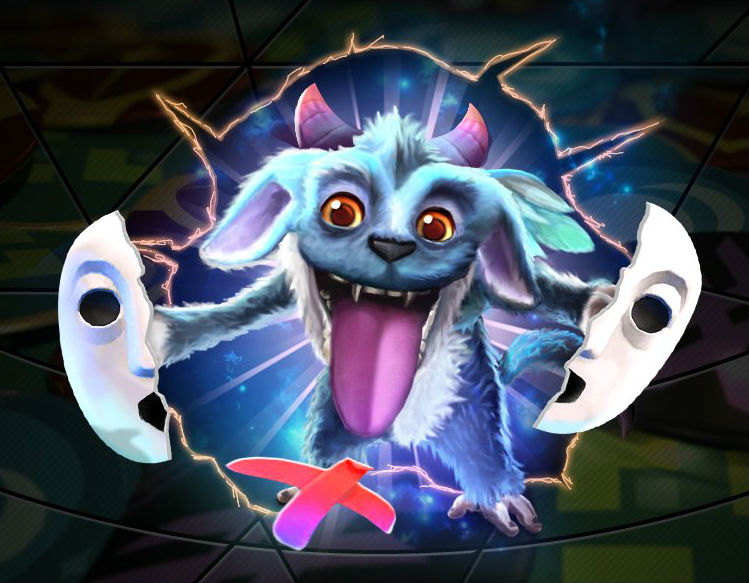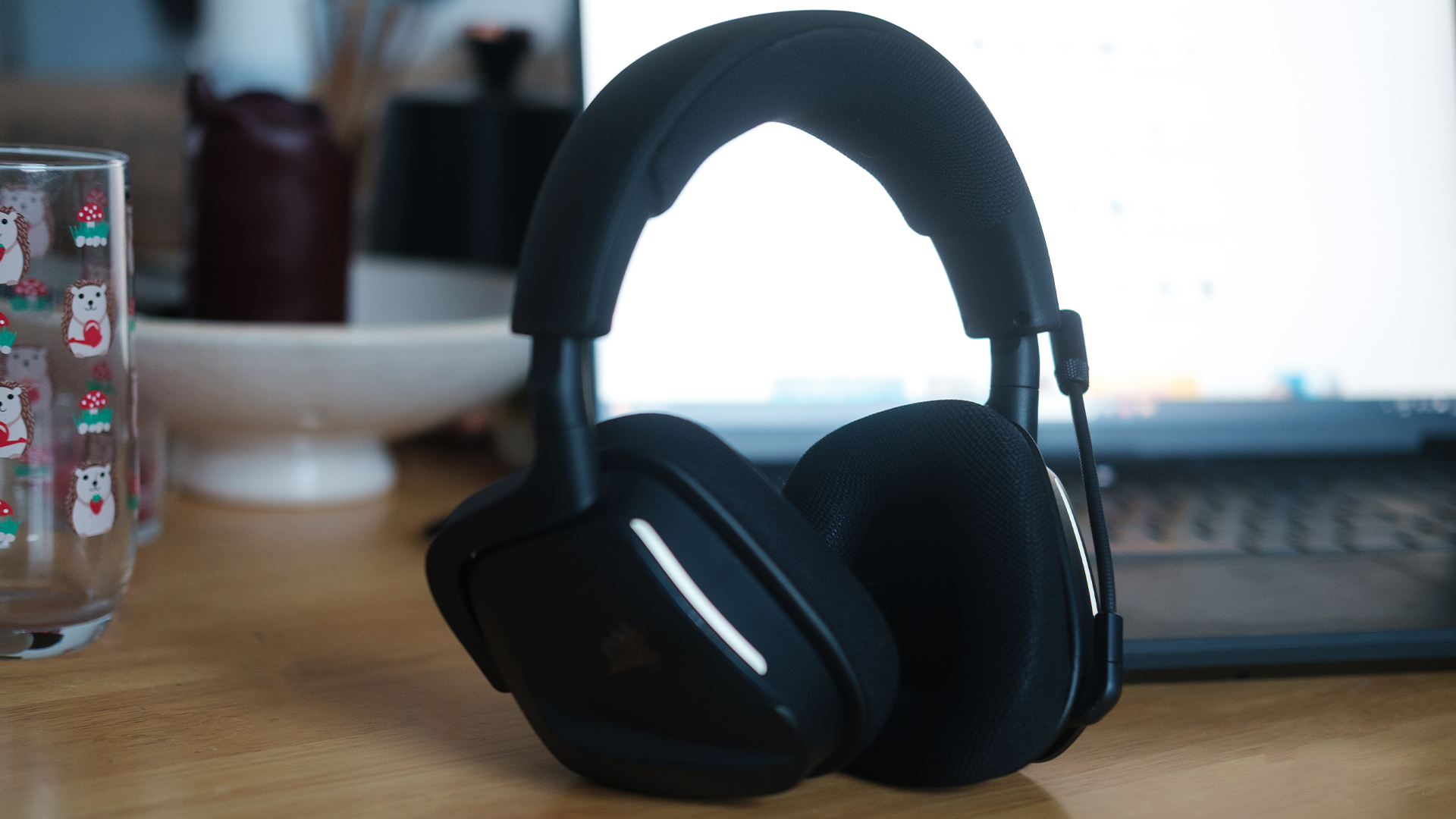Artifact designer thinks it can be saved but isn't interested in doing 'damage control'
Richard Garfield isn't sure whether or not Valve will revive Artifact, but it's out of his hands now.

Artifact is one of the more infamous videogame bombs of recent years: Designed for Valve by the creator of Magic: The Gathering—basically a guaranteed recipe for a hit—it flamed out spectacularly, from a peak concurrent player count of more than 46,000 in December 2018 to less than 1,000 just three months later, and only 210 over the past 30 days.
We dug into the reasons for Artifact's failure earlier this year. The underlying game is actually pretty good, but it's intimidating and too complicated for new players and viewers, and its monetization is unappealing for some. Unlike Hearthstone and Gwent, Artifact has a $20 upfront price, and cards can be sold and purchased on the Steam Community Market. Even though Hearthstone can be very expensive if you're trying to build a good deck quickly, paying $20 and then another $20 or more for an important card (they're cheaper now) didn't sit well with everyone.
We said at the time that if Valve was going to take steps to save Artifact, "it needs to happen soon." Instead, it's done nothing, and the numbers tanked even harder in the months since then.
In a recent interview with Eurogamer, designer Richard Garfield acknowledged the raft of complaints but also defended the game, saying "there's demonstrable information to the contrary" regarding what unhappy players thought about it.
"So, for example, when players complain about the luck in the game, there is demonstrably more skill in this game than in any other digital trading card game as measured by the Elo rating that players achieve. So there's this complaint but there's this black and white contradiction to it," Garfield said.
"For people complaining about the price, there's a complaint about how much money it costs, but there's a black and white contradiction in the sense that if you want to be competitive in a game like say Hearthstone or Magic, you have to pay far more."
Co-designer Skaff Elias expressed similar sentiments. He acknowledged that there were relatively few balance changes made to Artifact during the closed beta period but said that's because the game was "very balanced" to begin with.
The biggest gaming news, reviews and hardware deals
Keep up to date with the most important stories and the best deals, as picked by the PC Gamer team.
"We didn't want to push the community to preconceived notions because then that kind of spoils the value of the test," said Elias. "So, you kind of let them play around with stuff and then they'll say 'Oh, this thing here is too good.' And then you kind of know, on the back-end, that it's not, because you've been through that before, you've played that."
"So that would continuously happen throughout the beta. Some people would say they don't like this, and other people would say they do like that, you know, there was a lot of mixed results. In the end, the balance from our perspective was very much in-line with what we would expect from a trading card game."
Garfield also criticized Valve for not doing enough to combat perceptions of Artifact, saying that Valve relies too heavily on its players to "drive their marketing."
"I think that at some point, you have to take control of that yourself," he said. "They have some very positive messages there and very positive things in their game design and they're being sort of misrepresented by a lot of the player community."
The big question now is whether Artifact can be saved—and more to the point, whether Valve wants to make the effort. Both Garfield and Elias parted ways with Valve shortly after the release of Artifact, and while Garfield said at the time that they "have offered our feedback and advice in an ongoing gratis capacity simply because we would like to see the game do as well as we think it can," it sounds like he's had a change of heart since then.
"Personally, I'm interested in designing new games or expanding old games," he said. "I don't want to be involved in damage control and figuring out how to find an audience for this game. I think the underlying game is excellent and original. It gives the player something new. So in that sense, since there's something there to offer the player, I think it's possible to save it. Since Valve is a smart company with lots of smart people working there, I think that it's possible they can do that. Will they? It's hard to say."
The signs so far are not encouraging. Valve's most recent update came at the end of March, more than three months ago, when it described Artifact as "the largest discrepancy between our expectations for how one of our games would be received and the actual outcome," and said that it had decided to scrap its planned schedule of updates and new cards in favor of an undefined "process of experimentation and development" aimed at overhauling the entire game.

Andy has been gaming on PCs from the very beginning, starting as a youngster with text adventures and primitive action games on a cassette-based TRS80. From there he graduated to the glory days of Sierra Online adventures and Microprose sims, ran a local BBS, learned how to build PCs, and developed a longstanding love of RPGs, immersive sims, and shooters. He began writing videogame news in 2007 for The Escapist and somehow managed to avoid getting fired until 2014, when he joined the storied ranks of PC Gamer. He covers all aspects of the industry, from new game announcements and patch notes to legal disputes, Twitch beefs, esports, and Henry Cavill. Lots of Henry Cavill.

